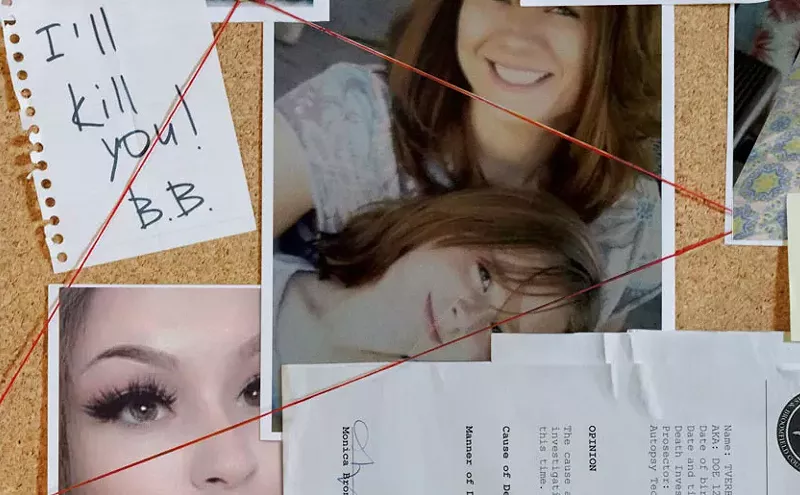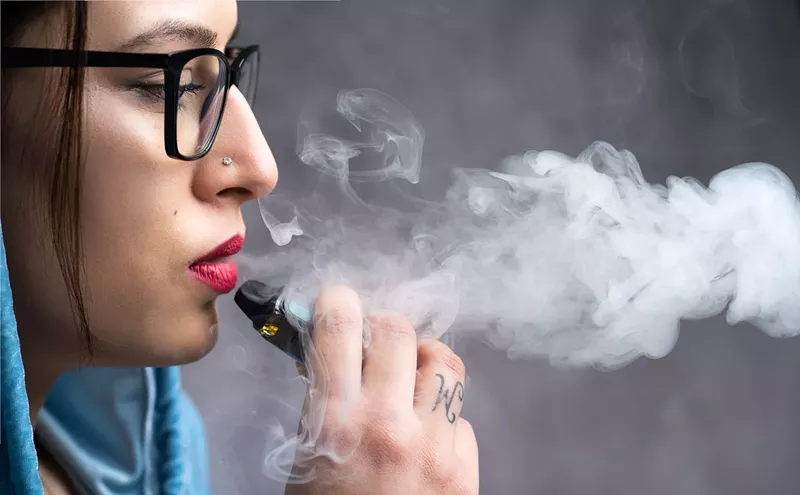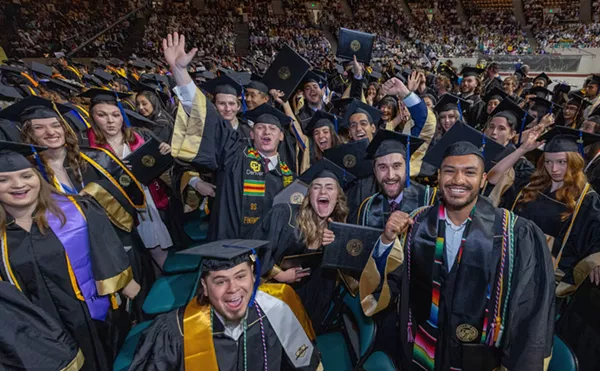Air hostess Léopoldine Doualla-Bell Smith had endured her share of discourteous treatment from passengers while flying the not-always-friendly skies of the late ‘50s and ‘60s, but everyone has a breaking point. She reached hers one day in the early ‘60s.
While she was helping a passenger settle in at his seat, the man decided to help himself to a generous handful of her breasts. Common stereotypes at the time held that air hostesses and stewardesses, as they were known then, regularly slept with crew members and passengers — particularly wealthy ones, since the jobs paid little. The fact that she was black and the man who groped her was white only complicated the awkward situation.
She had a decision to make: whether to walk away or defend herself at the risk of losing her job. She chose the latter — and slapped the passenger in the face. He got the message, and her employer did, too. “I explained the situation and kept my job,” she remembers. “Degrading treatment of women was everywhere. It was rampant. Both white and black passengers had this expectation that we slept with everyone.”
A native of
At the time, Doualla-Bell Smith had no idea she was soaring into history. She’d started flying a year before Ruth Carol Taylor, the woman credited as the first African-American flight attendant in the
In 1960 she was recruited by Air Afrique, a Pan-African airline created to serve eleven newly independent French-speaking nations; she became the airline’s first official hire. “Her employee identification card read ‘No. 001,’” quips her husband of 36 years, LeRoy Smith, a retired Peace Corps executive. “That’s why I always tease her; I nicknamed her double-oh-one.” It didn’t take long before she was promoted to Air Afrique’s first cabin chief position.
Doualla-Bell Smith spent most of her early career traveling throughout
vehicle to stay at the home of a fellow airline employee who lived in the country.
Her first trip to the
Weary of the hectic travel schedule, Doualla-Bell Smith finally decided to stop flying in 1969 and left Air Afrique to become the manager of a subsidiary of the company that controlled UTA. She remained in the travel industry for many years, eventually becoming a travel consultant. She and her husband had planned to retire to her native
For the past dozen years, Doualla-Bell Smith has gotten her aviation fix twice a month as a volunteer “ambassador” at
When she’s not volunteering, she enjoys spending time with their two grown children and her two granddaughters. And in March, the Black Flight Attendants of America took note of Doualla-Bell Smith’s achievements at the group’s fortieth anniversary celebration at the
“I’m very proud of her,” LeRoy says of his modest, soft-spoken wife. “I’m glad this happened while she could enjoy it. This is something I know she will treasure for the rest of her life.”
Chandra Thomas Whitfield is an award-winning multimedia journalist whose work has appeared in People, Essence and Ebony magazines, along with the












